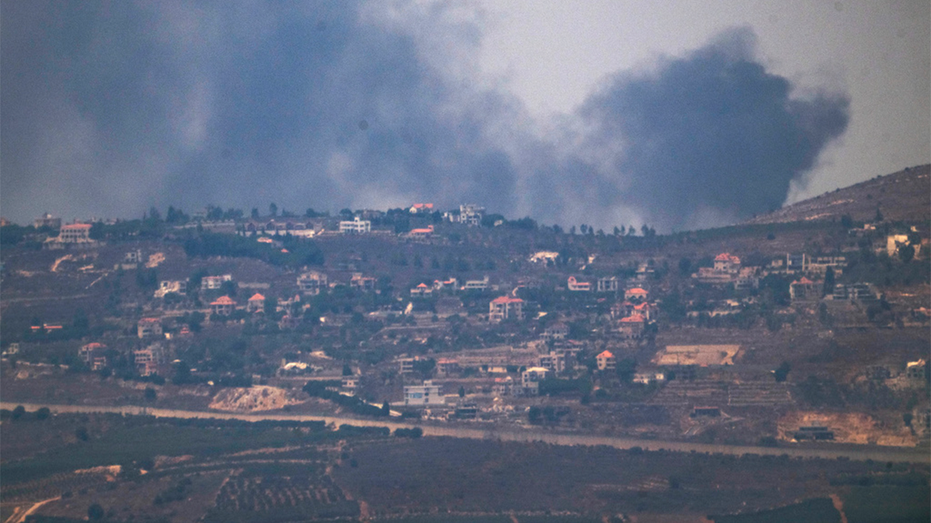US reaffirms support for Israel ahead of anticipated strike from Iran and its proxies
Secretary of Defense Lloyd J. Austin spoke with his counterpart in Israel Sunday reiterating U.S. support for the Jewish state ahead of an anticipated Iranian strike.

Secretary of Defense Lloyd J. Austin III spoke with his counterpart in Israel Sunday to reiterate U.S. support for the Jewish state as tensions escalate with Iran and its proxies, threatening a wider regional war after 10 months of fighting Hamas militants in the Gaza Strip.
Austin and Israeli Minister of Defense Yoav Gallant discussed U.S. force posture moves that the Defense Department is taking to bolster protection for U.S. forces in the region, support the defense of Israel, and deter and de-escalate broader tensions in the region, according to readout from the Pentagon.
The meeting came as Israeli Prime Minister Benjamin Netanyahu told a Cabinet meeting Sunday that Israel is already in a "multi-front war" with Iran and its proxies.
Tensions in the region are already at all-time highs after last week’s killing of a senior Hezbollah commander in Lebanon and Hamas' top political leader in Iran. Iran and its allies have blamed Israel and threatened retaliation. Hamas said it has begun discussions on choosing a new leader.
Netanyahu said Israel was ready for any scenario. Jordan's foreign minister was making a rare trip to Iran as part of diplomatic efforts — "We want the escalation to end," Ayman Safadi said.
Meanwhile, Secretary of State Antony Blinken reportedly told his counterparts on Sunday that Iran and Hezbollah could attack Israel as early as Monday, per Axios.
Gen. Michael Erik Kurilla, head of the U.S. Central Command (CENTCOM) is expected to arrive in Israel Monday to coordinate preparations for the anticipated attack, according to the Times of Israel.
President Biden is also expected to meet with his national security team in the situation room Monday to discuss the situation in the Middle East, according to reporting from Reuters.
In Israel, some prepared bomb shelters and recalled Iran's unprecedented direct military assault in April following a suspected Israeli strike that killed two Iranian generals. Israel said almost all the drones and ballistic and cruise missiles were intercepted.
"For years, Iran has been arming and financing terrorist organizations across the Middle East, including smuggling explosives into Israeli territory for terror attacks against civilians," IDF Spokesperson, Rear Admiral Daniel Hagar said in a statement. "The IDF and ISA have already thwarted numerous attacks in which Claymore type explosives were smuggled into the country’s territory. We are determined to continue acting against Iranian terrorism wherever it may be."
The war in Gaza was triggered by Hamas' Oct. 7 attack on Israel that killed some 1,200 people, mostly civilians, and took around 250 people hostage. Israel’s brutal retaliation has led to the deaths of nearly 40,000 Palestinians, according to Gaza’s Hamas-run Health Ministry, which does not distinguish between civilians and combatants.
Heavy airstrikes and ground operations have caused widespread destruction and displaced the vast majority of Gaza's 2.3 million people.
The militant group Hezbollah and Israel have continued to trade fire along the Lebanon border since the war began, with the severity growing in recent months. Hezbollah said it's aimed at relieving pressure on fellow Iran-backed ally Hamas.
The Associated Press contributed to this report.
What's Your Reaction?
















